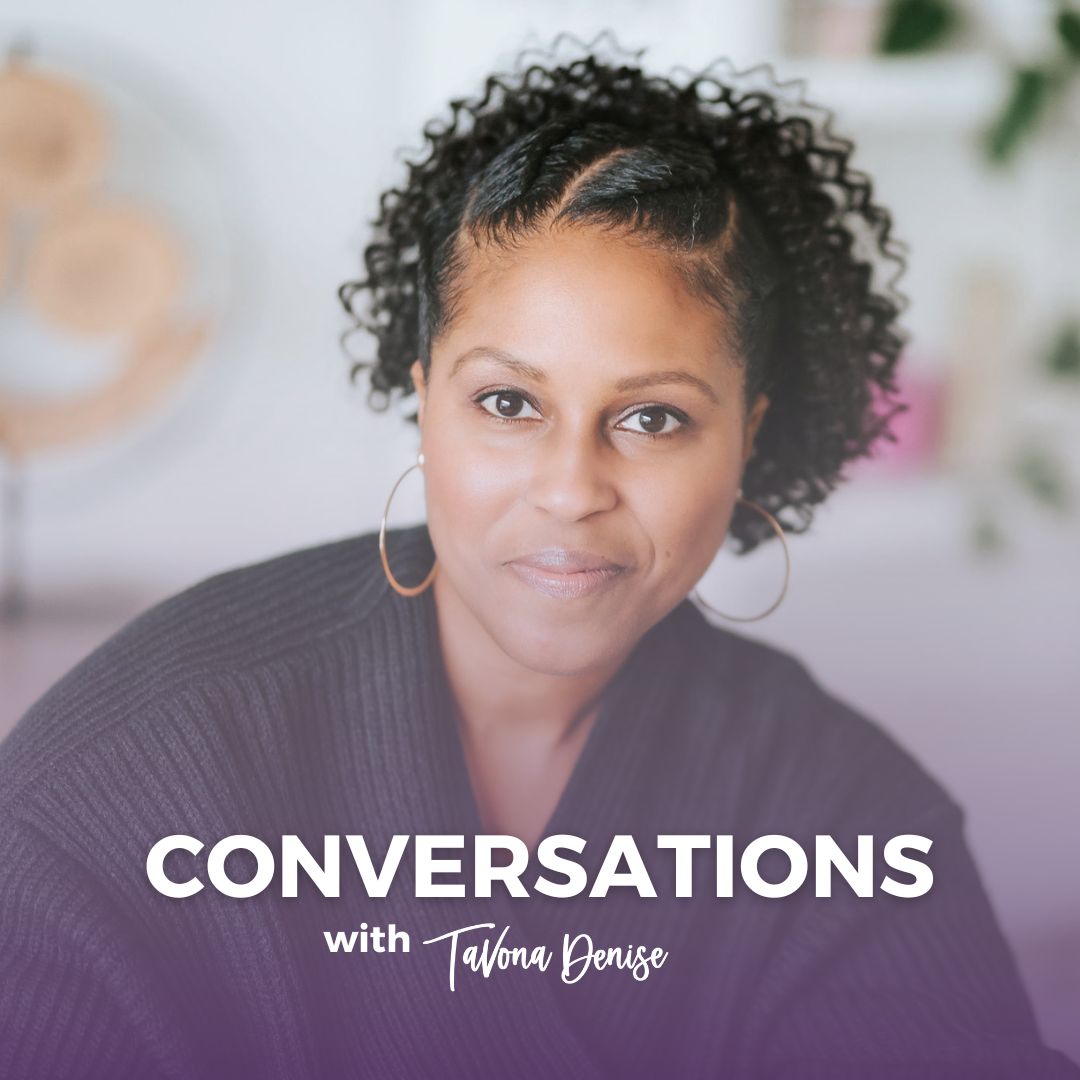I have had a lot of strategy sessions recently and where the coaches came to me in a state of confusion, overwhelm and frustration. They weren’t sure how to find clients and how best to spend their time marketing.
Should I be in Facebook groups, Linked in, Instagram, local meetups?
So I started with the question: what do you do? Many stammered over the answer. They all recognized the fact that they needed to be able to tell people what they do (the most basic form of advertising), but they had not nailed down this very important statement.
So I backed up. Who is your ideal client?
I get a lot of resistance when I talk to my clients about choosing a niche and really defining their ideal client.
Why?
Fear of missing out.
They don’t want to narrow the playing field. The thought that comes up most often is I don’t have any clients as it is; if I start excluding people I definitely won’t have any.
The problem with that is, it leads to confusion within yourself, your messaging, your marketing efforts and has you wasting time in places trying to find clients you haven’t clearly defined yet.
It seems like this is or has been a sticking point for many of us (myself included), so over the next few posts, I wanted to really take some time to talk about this business of niches, ideal clients and target markets, why it’s important, how to break it down and ultimately, how to find clients you love working with.
Let’s start with the definition of the three terms. I had heard the three terms and had a sense of what each was, but I really like these definitions provided by Michael Port who wrote, Book Yourself Solid:
- Your target market is the specific group of people you serve. It is the demographics of the group you’re most passionate about serving.
- Your ideal clients are a subset of the target market you serve. They’re the people who energize and inspire you.
- Your niche is the service you specialize in offering to your target market.
There are a lot of ways you can narrow down your ideal client and I like to start with 2 things:
You and your ideal lifestyle.
Why? Because if you are anything like me, you love helping people, but you also want freedom. You want to create not only a business, but a life you love, so it’s important to consider this.
Putting you into the picture:
Think about your life and your history. Your career, hobbies, things you love doing.
Yes, you may be a health coach, but if you also love photography, why not showcase your healthy eating and photography skills and build your tribe on Instagram and/Pinterest?
Perhaps you are a health coach who loves running? Why not start a meetup/running club?
Just because everyone and their mama is on Facebook doesn’t mean you have to be too. (I’m just saying)
Think about your career. What skills did you pick up on the job that will serve you now? Did you have to put on events? Give presentations? Don’t toss the baby out with the bathwater because you decided that the corporate world isn’t for you.
Are you an introvert or an extrovert? I am not knocking the need to stretch and grow and learn new things, but I am saying that you shouldn’t let these things hold you back. Like my mom says, there’s more than one way to skin a cat (don’t ask where that saying came from).
Finally, what type of business and lifestyle do you want to create? Do you want to be location-independent or be locally based? Do you like group coaching or do you like one on one?
Think about these things and write down your answers. You will need them for next week.
Mine looked something like this:
Age 28-48, engaged, no kids
From the DC area, living in Atlanta
Physical therapist
Cyclist/Crossfitter/athlete
Life, Wellness and weight loss coach certifications
Ex-chronic dieter
Outgoing-I love talking to people
I love connecting people
Great at breaking things down into smaller pieces
I love teaching, reading and quotes
I like the group coaching dynamic
Desire: location-independent lifestyle
These are the things I used as a starting point when choosing my niche, target market and ideal client. More on that next time.
Now I have a question for you.
What insight did you get from doing this exercise that you can take into your business?
